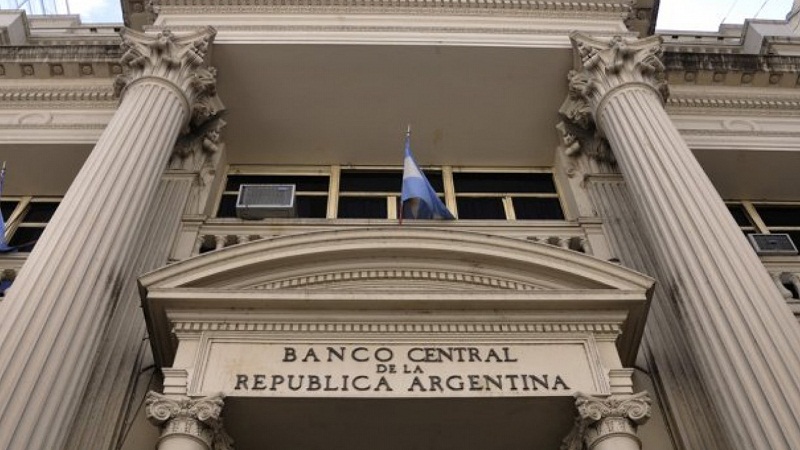
After the inflation accelerated again in December to 2,7%the government seeks to continue giving signals to “the markets” about the supposed good state of health of the economy and confirmed his plan of reduce the monthly depreciation rate of the official exchange rate from 2% to 1%. A risky move that aims to challenge investors’ confidence in the direction of the economy, given the low level of reserves that the Central Bank has today and Milei’s desperate need to obtain a new loan from the International Monetary Fund (IMF). ) to thicken them.
He Central Bank of the Argentine Republic (BCRA) announced that starting in February the rhythm of https://www.laizquierdadiario.com/La-inflacion-de-diciembre-volvio-a-subir-a-2-7-y-acumulo-117-8-anual-en -2024 (monthly peso devaluation rate) at 1% monthlya variable located at 2% since December 2023 when the Minister of Economy Luis Caputo announced the megadevaluation of 118% with which prices skyrocketed and wages sank.
This scheduled and anticipated rhythm of devaluation, recalling the “exchange table” of Martínez de Hoz, much higher than the rate of inflation, makes access to the official dollar cheaper, thus favoring importers and generating more pressure on the Central Bank’s reserves, while updating the profit scheme for large capitals with the financial bicycle .
In a statement, the BCRA stated that “In a context of recovery of economic activity and seasonal increase in prices, both the inflation of recent months and high-frequency observations confirm inflation observed downward and below expectations. surveyed in the market. The adjustment for the exchange rate continues to play the role of a complementary anchor in inflation expectations.”
Interesting analysis, which confirms that for the government, Inflation is not “always a monetary phenomenon” as the presidential dogma repeats, but it also has a strong impact on our country where the price of the dollar is set and that the December devaluation itself was what accelerated prices even further at the beginning of 2024, which ended with a cumulative rate of 118%. That is why the “exchange anchor”, or having set the official dollar well below inflation, together with a fierce economic recession, slowed down prices although it failed to stop them. At the same time, new contradictions accumulate.
In fact, the proposition that reducing the pace of monthly devaluations to 1% seeks to curb prices is a new confession that it is not “freely” the market that regulates them but that economic policy is carried out with high degrees. of state intervention, with the objective of favoring the profits of concentrated capital.
After debt payments last Thursday to private funds for US$ 4,360 million, Central Bank reserves fell and its net accounting would be around US$6,500 in negative territoryaccording to estimates by the consulting firm 1816, although other calculations indicate that the red could reach US$ 10,000 million.
The BCRA announcement would be the first important modification in the monetary/exchange policy of the entity it presides Santiago Bausilia former Macrista official who last November He was prosecuted again for financial corruption. The cauda investigates what happened with the debt taking when Bausili was secretary of Luis Caputo for the Macri government. The maneuver that is awarded to him, according to the appeal, resulted in a benefit of millions of dollars to his former employer, the Deutsche Bankwho would have acted as an intermediary and received considerable commissions. This meant for the State a record increase in its debt that the same officials today seek to unload on the backs of working people.
Source: www.laizquierdadiario.com

